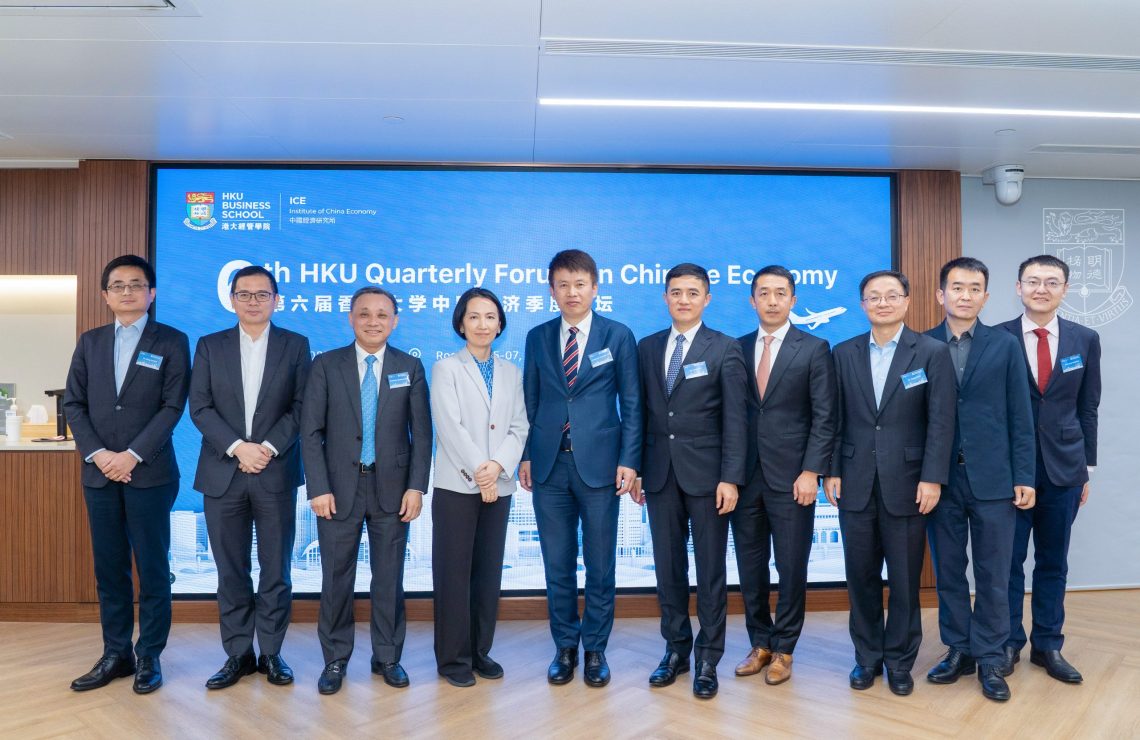
Socially Responsible Investment Funds Fail to Inspire Firms to Improve
“Does socially responsible investing change firm behaviour?” wins the best paper award at the 2021 UMass Boston-EM Normandie research conference.
Socially Responsible Investment (SRI) Funds have become popular in recent years as investors increasingly give weight to measures such as reducing pollution, maintaining employee and customer satisfaction and diversifying board membership. However, new research shows that while such funds are good at picking firms that adopt such behaviours, they do not inspire those firms to further improve their performance.
The research, by Professor Roni Michaely, Professor in Finance at HKU Business School, and co-authors Davidson Heath and Matthew C Ringgenberg of the University of Utah and Daniele Macciochi of the University of Miami, is the first of its kind to offer evidence of the impact of SRI funds on corporate behaviour. This is important information for investors because the allocation to SRI funds has more than doubled over the last decade – last year (2020), for instance, an SRI fund launched by BlackRock attracted more than $600 million in its first week of activity.
“Our fundamental question was whether SRI funds could change real-world behaviour. What we found is that while SRI funds tend to hold firms that are already considered better along environmental and social dimensions, those firms do not become any more responsible after they are selected by SRI funds. They are not encouraged to go the extra mile,” Prof. Michaely said.
He and his co-authors studied firms’ environmental and social profiles both before and after they were held by SRI funds. Beforehand, the firms exhibited lower pollution, greater board diversity, higher employee satisfaction, higher workplace safety and fewer customer complaints* than firms in the portfolios of non-SRI funds. However, afterwards, the firms generally did not improve on this performance.
Pollution abatement investments showed little difference, meaning the entrance of SRI did not encourage firms to increase investments or aim to further reduce their pollution. Employee and customer satisfaction remained highly similar – SRI funds did not appear to motivate them to achieve greater satisfaction rates. However, SRI ownership was associated with a small increase in women on the board (1.4 percentage points) and non-Caucasians on the board (0.5 percentage points), although this was not seen as a significant change.
“There are three main possibilities for the relationship between SRI and firm-level stakeholders: SRI funds behave no differently than non-SRI funds and in effect are a form of ‘greenwashing’; SRI funds select companies that already focus on environmental and global issues; or, SRI funds engage with their portfolio firms to mitigate risks and improve their behaviour. Our evidence suggests that while SRI funds do invest differently than non-SRI funds, their decisions to invest in firms and the amount invested do not have any measurable effect on firms’ behaviour. In other words, there is a selection effect, but not a treatment effect,” Professor Michaely said.
The results offer a cautionary note to investors that socially responsible investing may not improve real-world behaviour. Investors are thus advised to scale back their expectations. Moreover, given the increased interest in SRI investing, it is also advised that there be better and more transparent reporting by SRI funds about their activities.
Full version of this research paper:
Does Socially Responsible Investing Change Firm Behavior?
https://ssrn.com/abstract=3837706







